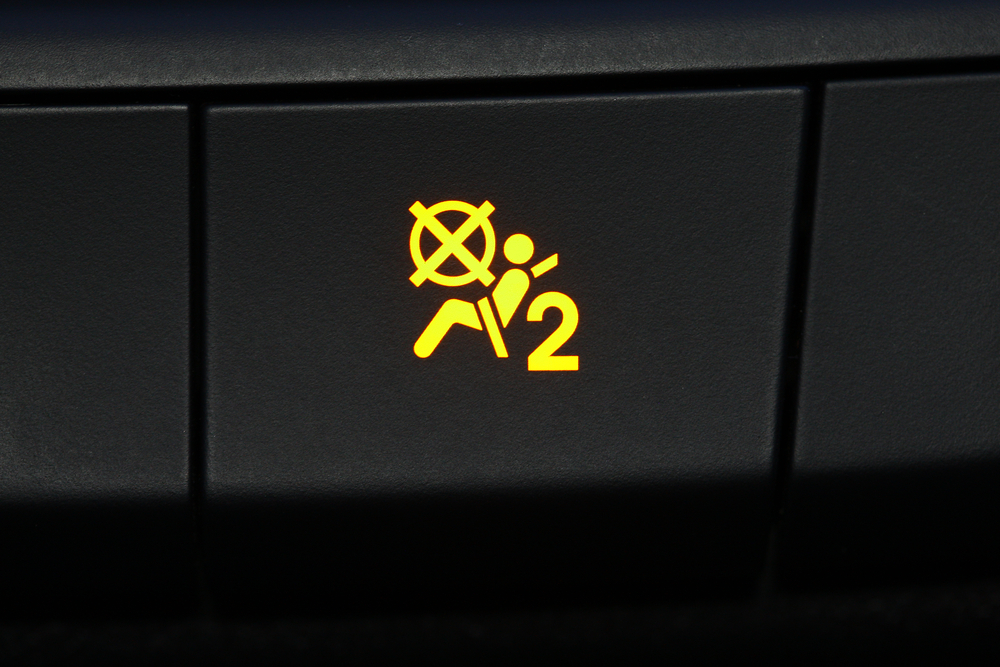
Alibabahasbanned listings of car airbag components on two of its cross-border e-commerce platforms.
The implementation of the ban, beginning last month, on what’s referred to in the industry as “SRS-related equipment” has already resulted in removal of 22,000 online listings from over 700 vendors. To prevent future listings, Alibaba’s platform algorithms is also intercepting pre-listings and blocking them in real time.
SRS means “Supplemental Restraint System” and describes the airbag and broader system of component parts that enable them to function.
Alibaba has banned sales of airbags, themselves, on its platforms since 2014 because of the potential for significant safety-related issues. Alibaba said it extended its ban to airbag component parts for the same reason, as well as to halt potential fakes. These actions addressed concerns raised by the Automotive Anti-Counterfeiting Council (A2C2), which responded positively to the move.
“We are pleased to see Alibaba take these important steps to help protect the integrity of online marketplaces, especially for airbags & select SRS-related equipment,” said Andy Forsythe, President Automotive Anti-Counterfeiting Council. “We look forward to continuing to work with Alibaba and other online marketplaces to protect consumers from counterfeit auto parts.”
As with other intellectual property enforcement actions, Alibaba said their effectiveness increases when it works together with brands, rights-holders and industry groups.
“Effective collaboration among all stakeholders is essential. We are all part of the solution,” said Matthew Bassiur, head of global intellectual property enforcement at Alibaba.
Already active in IP protection, Alibaba has stepped things up this year, taking a multi-pronged approach to rooting out fakes and bad actors, both online and offline.
In August, it introduced a more-streamlined process for rights-holders to make takedown requests. A month earlier, it met with IP-enforcement companies that work on behalf of rights holders to protect their IP, sharing experiences and best practices. And Alibaba also formed the Alibaba Anti-Counterfeiting Alliance with 30 international and Chinese brands at the start of the year, aiming to enhance communication and transparency between rights holders, e-commerce platforms and law enforcement.
Alibaba has cooperated with law enforcement offline, too, using data to not just remove fake listings, but to track the products back to their source and shut the production facilities down. And it has taken to civil courts, seeking significant financial damages to discourage bad actors from recidivism and to send a signal to other would-be sellers of fake goods.




